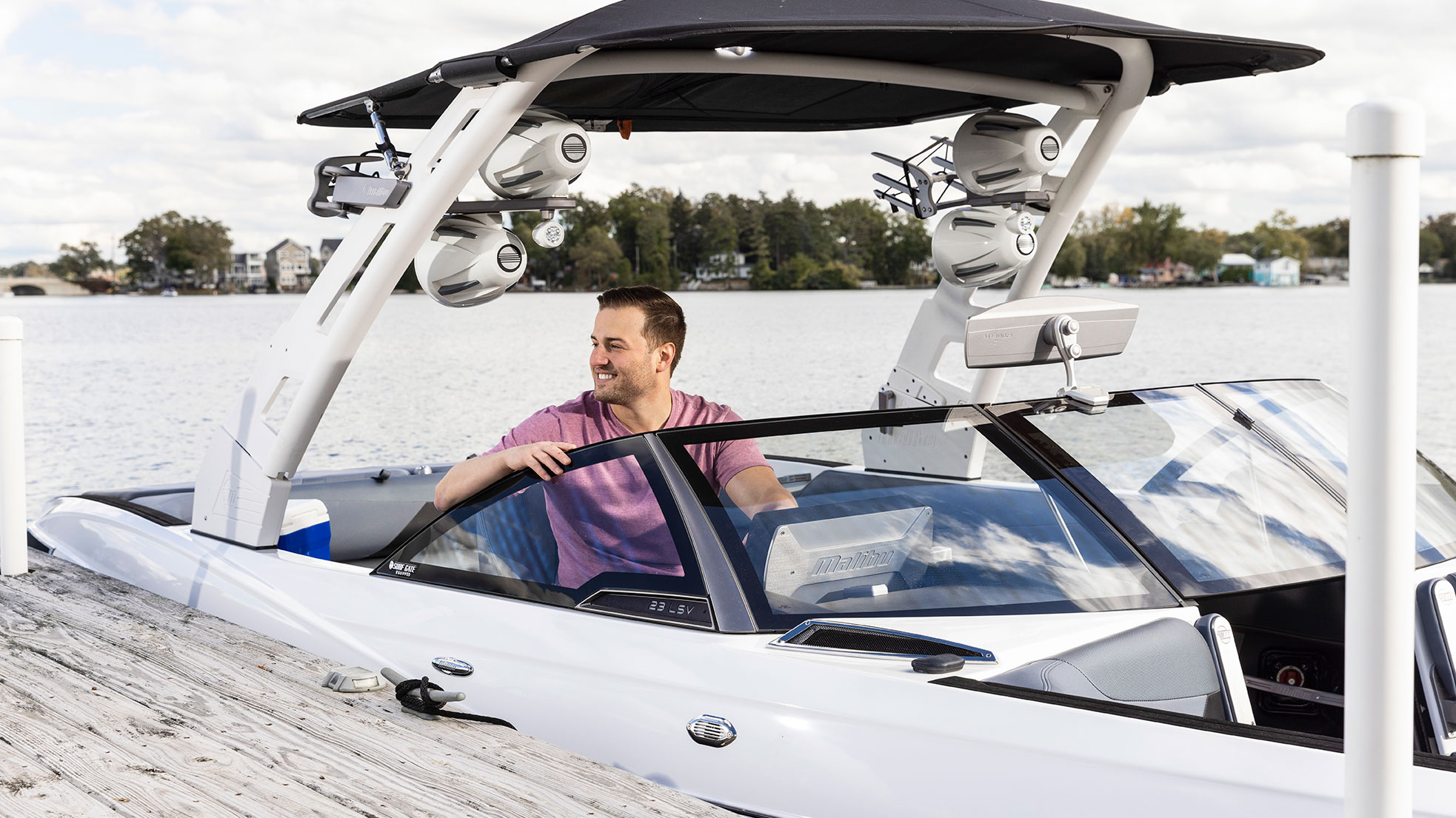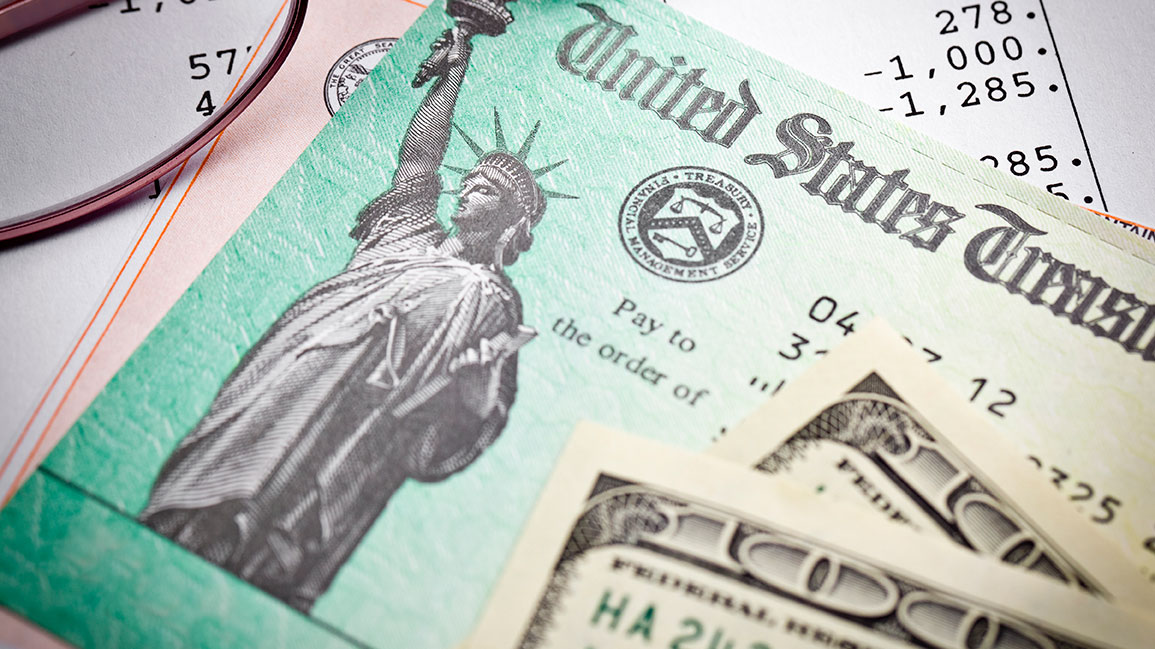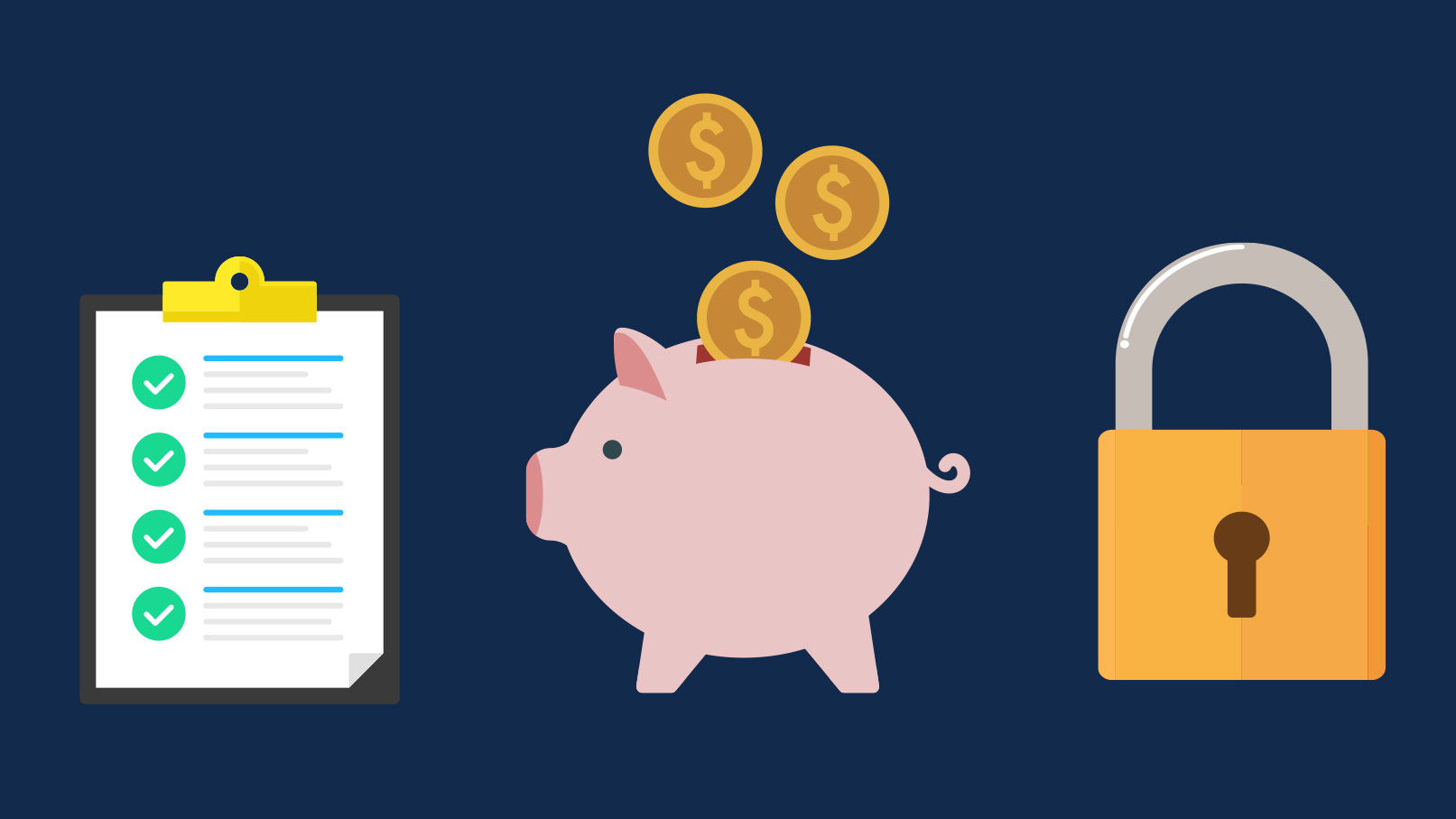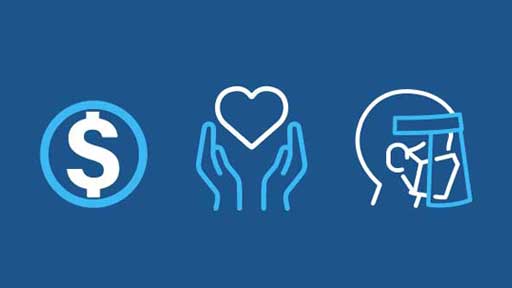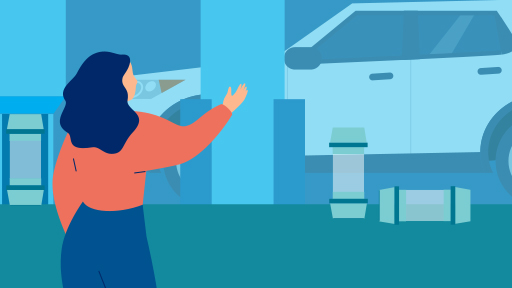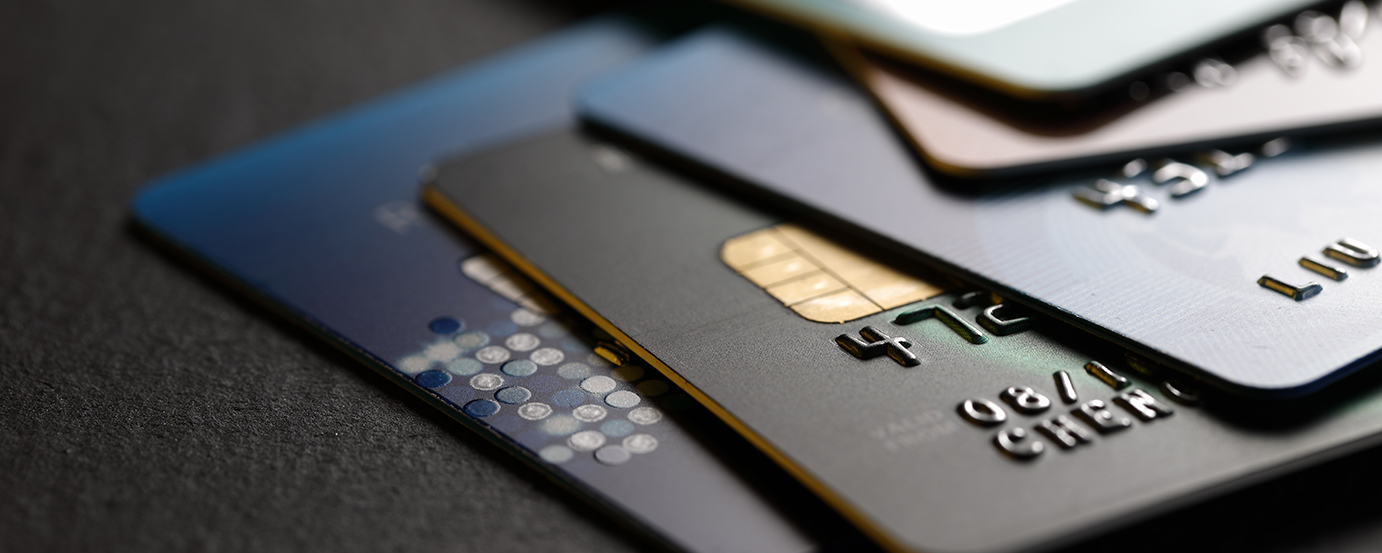
Do you really need credit? It may surprise you, but the answer is yes.
You will need to take out a loan unless you have enough cash to pay for life’s important - and expensive - purchases. This is known as debt. Without taking on debt, many people wouldn’t be able to buy a car, a house or afford to continue their education. Debt is a financial resource that you need to learn to use wisely.
Your ability to borrow money is based on your reputation with credit, also known as a credit score or your credit history. Building a positive credit reputation starts with having debt. Paying it back responsibly helps to build up your credit score. And a variety of different debts in good standing can lead to a strong credit score.
Plan and prioritize your goals to help you determine whether taking on a new debt will help you reach a goal or set you back. Below are examples of debt that may help you reach a goal (good debt) or set you back (bad debt).
What is Good Debt?
Consider true “needs” or things that will benefit you in the long run as good debt. It is usually cheaper than bad debt. That means the interest rate you pay on good debt is much lower than the rates on bad debt.
Student Loans
Student loans typically have a very low interest rate compared to other types of credit or debt. A skilled trades program or college education raises your potential future income, so investing in education by taking out a student loan now may mean a higher income for the rest of your life.
Auto Loans
An auto loan can be a great place to start your credit journey. Borrowing and repaying a few thousand dollars for a used car can show years of responsible behavior to credit bureaus. Remember: to build good credit you must be able to afford all the payments. Vehicles depreciate (which means lose value) over time so borrow conservatively and don’t borrow more than you need.
If you’re ready to take on an auto loan, make sure to check out rates before you start shopping for a car. Credit unions tend to have lower rates than banks - check out our rates at MSGCU.
Mortgages
Mortgages are loans for an appreciating asset like a house or condo. That means they usually grow in value over time or can even generate income. Since homes cost a lot, you’ll likely need a loan to pay for it. The great reputation you’re building now in your credit history will benefit you when it’s time to get a mortgage. Saving even half of a percentage point in interest on a mortgage can save you thousands of dollars over the life of a loan.
Good debt that can turn bad if you’re not careful
Even good debt can turn bad if you are not diligent about paying it. So only borrow what you can realistically afford.
Credit Cards
Credit cards can be a useful tool. A credit card can build your credit history, help with debt consolidation, and help improve your credit score if you pay on time and use only a portion of your available credit (that means don’t max it out). Keep a close eye on the credit card limit and what you owe on that card – the goal is to keep as much distance between the limit and what you owe as possible.
When looking to get a credit card, make sure to check out both fees and interest rates. Often your credit union will offer a credit card with lower fees and better rates than the big banks (or even tech companies), so take a couple minutes to research some options that are right for you. If you think you’ll need to carry over some of your balance from month to month, check out cards with a low, fixed rate. Look for the acronym “APR” in advertising. MSGCU has a few great options for low-rate cards if you’re looking for one:
- Titanium Visa Credit Card
- MSGCU Rewards Visa Credit Card
- Classic Visa Credit Card
- Youth Classic Visa Credit Card
Keeping these tips in mind will help credit cards stay a tool and not turn into a trap. Credit cards generally charge an interest rate higher than most loans, which can make it easy to accumulate debt. This is especially true of retail credit cards, meaning cards for individual stores. Having even a small balance on multiple retail cards quickly adds up. Plus, using multiple credit cards means multiple due dates and a higher potential for missed payments or multiple late fees.
High credit card debt means more of your payment goes toward the interest making it extra difficult to pay off the balance. It’s easy to feel trapped under mounting credit card debt. Talking to a caring financial expert can set you on the right path if you need it. Michigan Schools and Government Credit Union has friendly staff specially trained for this.
Personal Loans
Personal loans are often a great tool for lowering interest rate and can be very helpful in a pinch, like an unplanned hot water heater purchase or unexpected car repair you need to get to work. Plus, these can be great options for debt consolidation. You can consolidate multiple high-rate credit cards into one more manageable and lower-rate personal loan.
Personal loans can be secured or unsecured. Collateral is involved in a secured loan, such as your auto or home. Collateral is a tangible object that can be taken away due to nonpayment. Secured loans typically have a lower interest rate than unsecured loans.
Unsecured loans are used for intangible things like a wedding or vacation - there is no item to repossess if you don’t pay so interest rates tend to be higher. An unsecured loan is purely based on the trust that you will pay it back, so the expectation of on-time future payments is based on your previous borrowing and repaying history. Those with poor or little credit may not be eligible.
What is Bad Debt?
Bad debt is often for nonessentials: the things you want like multiple cars, the latest big screen tv, a new bedroom set, or a charge card to your favorite clothing store. If the expense puts you farther away from reaching a goal, it might be a sign it’s bad debt. Going into debt buying nonessential goods or services can impact your credit score and make it more difficult to move toward your financial goals.
Payday Loans
Payday loans are the worst type of bad debt. They may sound like a good idea or your only choice in the moment, but they come with a high price to pay. High fees and high interest can start a vicious debt cycle. If you’re in a situation where you’re considering a payday loan, please reach out to us first to see if we can help. Our Certified Credit Union Financial Counselors are trained to help you build credit and may be able to provide an alternate option.
Know where you stack up
Find out what your credit reputation is and get your credit score. Try checking it every year around your birthday. Think of it as a present to yourself, a clean bill of financial health, or an opportunity to catch an issue early.
We recommend getting your free credit report, available when you sign in to your MSGCU Online Banking Account or in the MSGCU Mobile App. If you want help reading or interpreting the information, bring it to your local credit union. Here at Michigan Schools and Government Credit Union, we are dedicated to promoting financial success for our members. Every branch has Certified Credit Union Financial Counselors, ready to help!
Sources:
Chatzy, Jean. Money Rules: The Simple Path to Lifelong Security. Rodale, 2012
It’s a Money Thing program
![]() As you learned, credit is important in building your credit score. Learn more about credit scores in this 5-minute lesson.
As you learned, credit is important in building your credit score. Learn more about credit scores in this 5-minute lesson.
Category: Finance
« Return to "Blog"





















